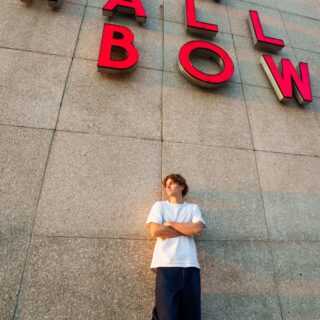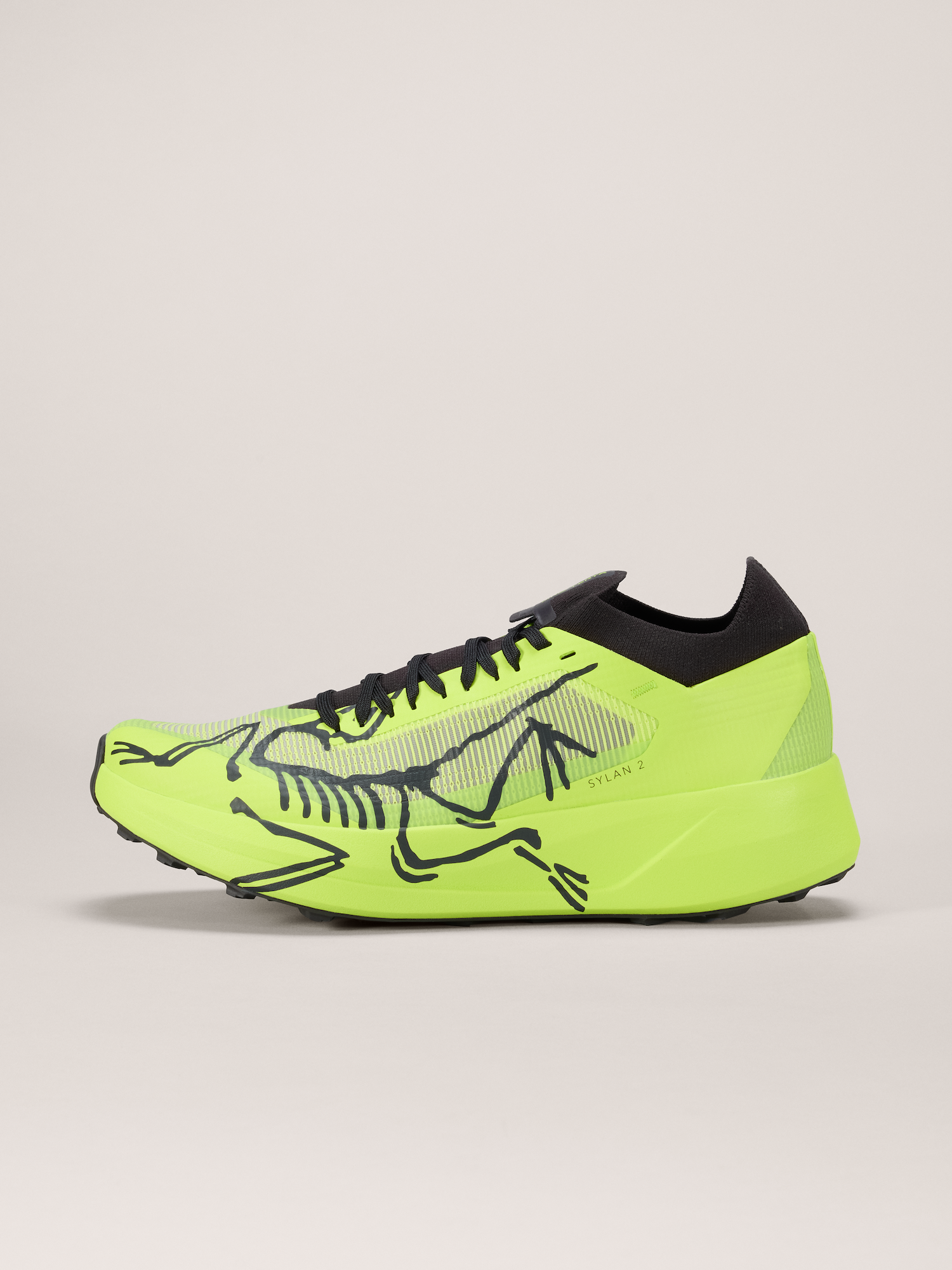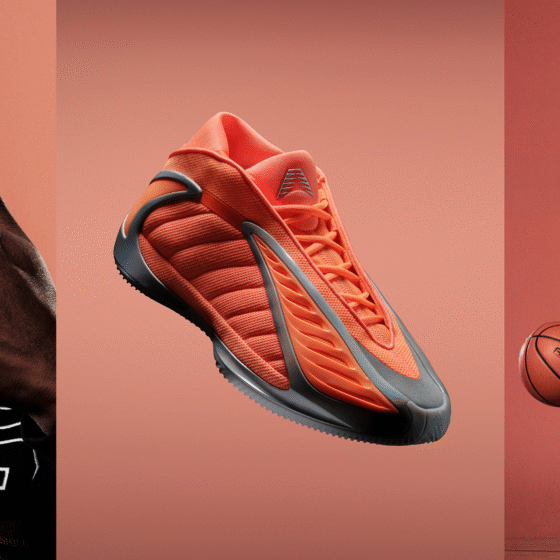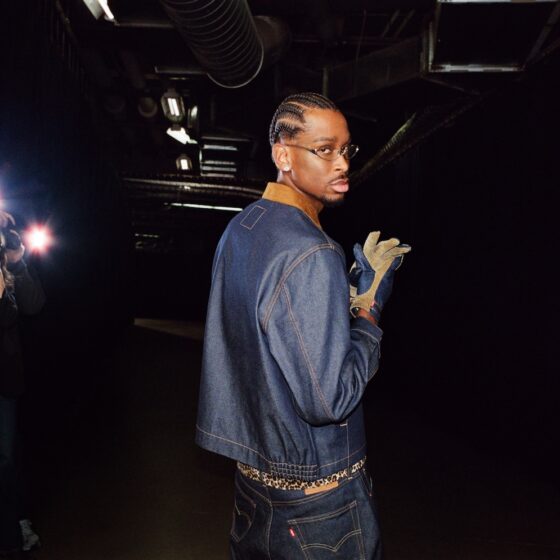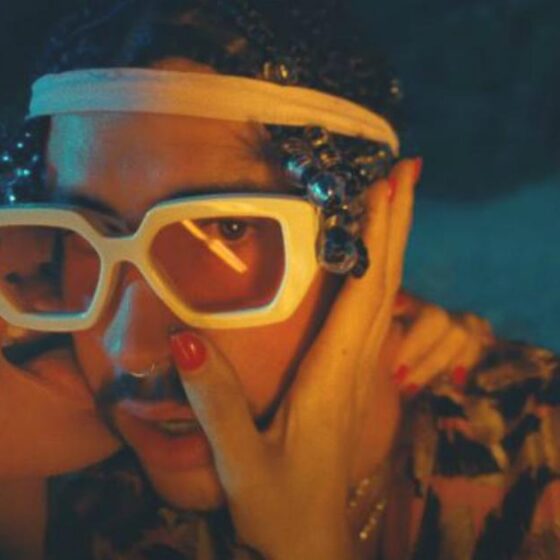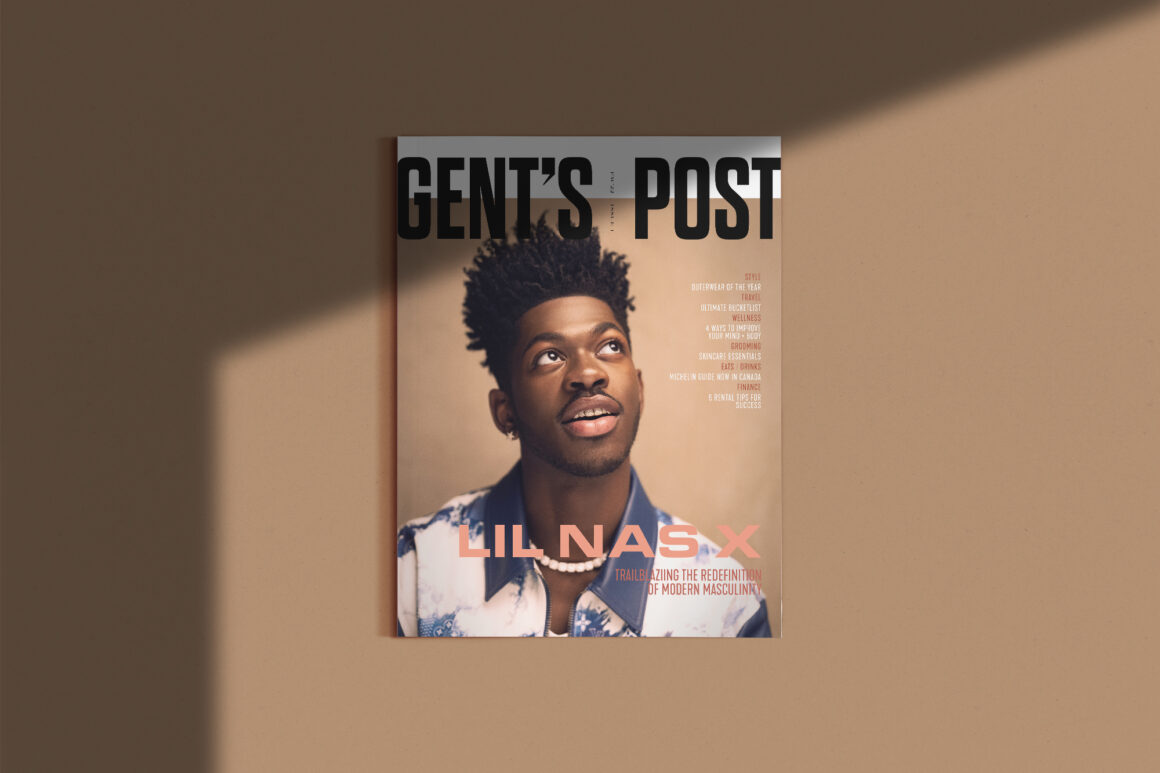The poker table is a battlefield of observation and deception. The reasons why sunglasses have become an indispensable piece of equipment for players in Texas Hold’em run deeper than appearances. Their widespread use tells a story of strategy, convenience, and debate.
The unwritten code of poker table image
Image plays an undeniable role in poker culture. Sunglasses serve as a statement at the Texas Hold’em poker table. Players see them as tools to project an aura of mystery, confidence, or even intimidation. This image-oriented strategy has been reinforced by media portrayals of poker legends donning shades in iconic tournaments. It has created an association between sunglasses and perceived professionalism in the game.
Similar cues exist in behavior and apparel. A player’s posture, decision speed, and even choice of headgear combine to build a table persona. Sunglasses simply amplify that carefully curated impression.
ADVERTISEMENT |
Concealing tells and enhancing focus
A player’s eyes can betray them. Subtle movements, prolonged stares, and pupil dilation are key giveaways for experienced opponents keen to exploit psychological or emotional reactions. Sunglasses provide a shield that hides valuable information and forces adversaries to search elsewhere for clues. Beyond this, they allow players to observe others discreetly and minimize the risk of telegraphing their own focus points.
Casino environments, with their relentless lighting, add another practical appeal. Bright floors and reflective surfaces can distract players. Sunglasses help tone down these visual irritants and allow players to settle into their mental game without unnecessary discomfort. New players also find it reduces the intimidation of eye contact and allows them to focus on the cards rather than their nerves.
Divided professional opinions
The role of sunglasses in Texas Hold’em remains divisive among professionals. Some, like Daniel Negreanu, argue that they disrupt the integrity of face-to-face gameplay by masking vital human interactions. In 2015, allegations of using specially designed lenses to view marked cards surfaced and fueled skepticism. However, investigations during the World Series of Poker did not uncover proof of wrongdoing.
ADVERTISEMENT |
Despite these concerns, many pros lean into the advantages themselves. Other arguments highlight that their benefits are largely psychological. Studies support this, showing that blocking eye movements gives no consistent statistical advantage. Instead, confidence, comfort, and reduced tension often contribute to improved performance.
Pop culture and accessibility
Texas Hold’em sunglasses became a mainstream accessory partly thanks to television and movie portrayals. While sporting reflective Oakleys, Chris Moneymaker’s landmark 2003 World Series of Poker victory further embedded the practice. Similarly, flashier styles like Greg Raymer’s holographic lizard-eye glasses at subsequent events made sunglasses synonymous with poker.
Their growing use also encouraged novice players to step into tournaments. Online poker, lacking live physical reads, allowed participants to sidestep some competitive disadvantages. Sunglasses became a tool to ease this adjustment when transitioning to live play. This lowered their chances of being exploited for inexperience.
ADVERTISEMENT |
The psychological edge of sunglasses in Texas Hold’em
Sunglasses can have a profound psychological impact on both the wearer and their opponents. It can create a barrier that heightens their sense of control and composure. In high-stakes situations, players often find that covering their eyes boosts their confidence. This can foster a calm, collected demeanor that helps mitigate the stress of critical decisions.
However, opponents are left to interpret the game based on their perceptions alone, without visual cues to read their adversaries. This could heighten tension and lead to misjudgments as players try to guess their opponent’s emotions or intentions from other body language signals.
Some critics may bemoan sunglasses as a crutch or as fostering a false sense of security. But their enduring prevalence suggests a careful balance, one of utility tempered by poker’s ever-present psychological game. Sunglasses remain a tool as emblematic as the cards themselves, improving focus, camouflaged tells, or simply channeling cinematic flair.
ADVERTISEMENT |


